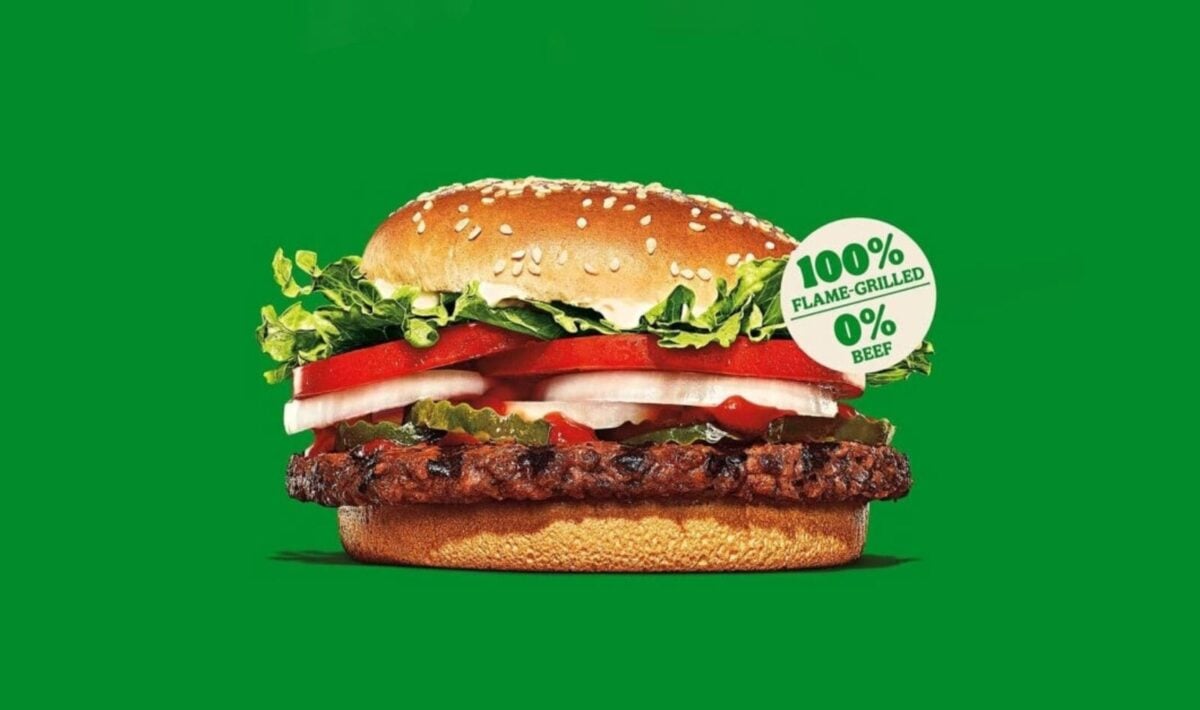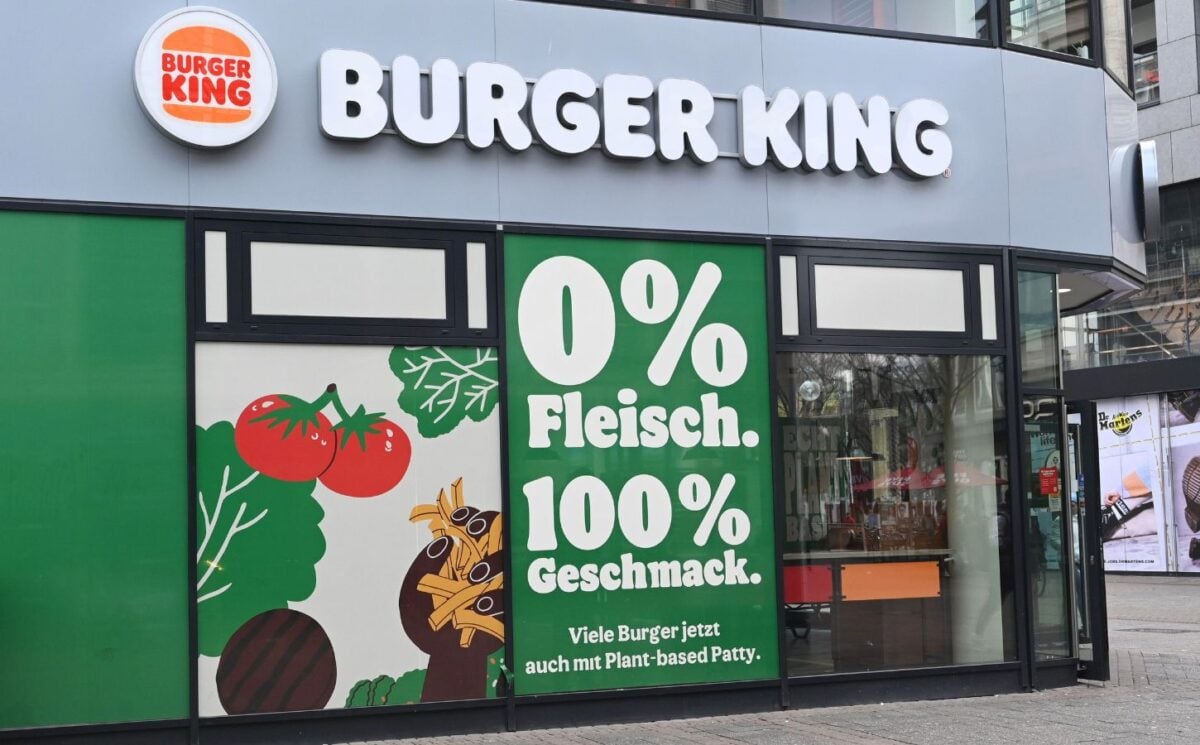Burger King Germany has announced that it will be making plant-based meals cheaper than meat to encourage more customers to try them.
The campaign, named Plant-Based For Everyone, will see menu items like the plant-based Whopper and vegan Long Chicken be reduced by 10 cents. Burger King has said that the move has received positive feedback from customers.
“We have been investing in meat free alternatives since the mid-1990s and have shown that fast food doesn’t always have to mean meat,” said Dr. Jörg Ehmer, CEO of Burger King Germany, as reported by Vegconomist. “As a pioneer, we offer the largest plant-based range in German system catering — and now with a price advantage. We are thus providing a strong impetus to try our plant-based options. Our aim is to offer guests a free choice — without compromising on taste.”
Burger King Germany announced a collaboration with The Vegetarian Butcher in August 2022, which saw its plant-based options more than double. The chain now offers a meat-free version of almost every item on the menu. In August last year, a company employee said that one in five Whoppers sold in Germany was plant-based.
Burger King embraces the meat-free market

While many of Burger King Germany’s menu items are plant-based, not all are suitable for vegans. Some (like the Cheesy Bacon Lover Plant-Based and the Plant-Based X-tra Long Chili Cheese) contain dairy, while others may be cooked on the same grill as meat. The Plant-Based Nuggets and the Plant-Based Long Chicken are certified as vegan.
Burger King Germany’s director of marketing Klaus Schmäing previously said that the “large group” they wanted to address was flexitarians. “But beyond that, of course, also vegetarians and vegans,” he added.
Germany isn’t the only country where Burger King is catering to meat-free market. The chain has previously launched temporary entirely plant-based branches in countries including the UK, Portugal, Denmark, and Austria.
In the UK, Burger King plans to be 50 percent meat-free by 2030. The company has said that it made this decision in response to the country’s “growing demand for meatless alternatives and products with no animal protein.”






